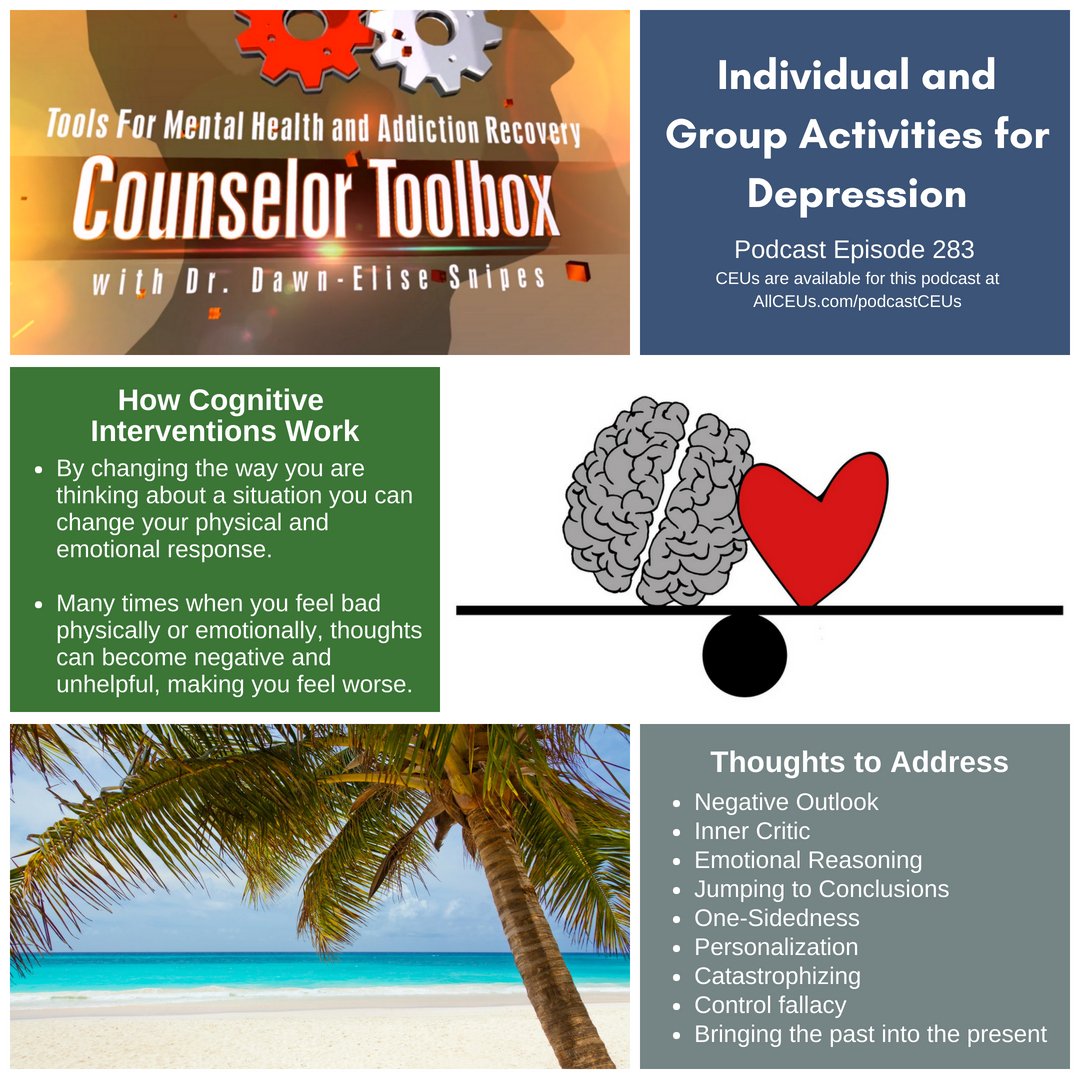
Most people experience apathy/depression at some point in their lives. Even if it does not meet the criteria for “clinical depression” it can have significant impacts on your relationships and work. It can also trigger a relapse in people with a history of addictions.
It is much more effective to intervene at the first sign of apthy or prevent it all together than to wait until you are miserable. If you are a parent, go through the interventions with your child to help them increase the happy and prevent depression. (Childhood, especially pre-teen and teen years can be hard.) If you are a supervisor, help employees add in the happy, have work-life balance and reduce characteristics of burnout work environments. This will help maximize staff effectiveness and productivity.
Cause
When the chemicals in your brain get out of balance, you can have difficulty feeling pleasure or happiness. Generally this means there is an imbalance of norepinepherine, serotonin, dopamine and/or glutamate. Remember norepinephrine and glutamate are excitatory and too much for too long will cause your system to turn down the sensitivity of the Threat Response System which is causes a lack of motivation and excitement over most things. Additionally, too little serotonin, GABA or dopamine can cause similar feelings of lack of pleasure. Lack of sleep, excessive stress, drug or medication use, hormone imbalances, thyroid problems and a myriad of other things can cause this to happen.
Function
This is your body's way of signaling that 1) there may be a problem, and 2) forcing you to address it. Remember, the goal is survival. You wouldn’t drive your car for very long if the check engine light was on. Lack of pleasure can be thought of like your personal “check engine” light.
How You Cope
Think back over a few times when you have been depressed, even if it was just for a few hours. What did you do to help yourself feel better? Did you call a friend? Go on a walk? Distract yourself with something?
What made it worse (if anything)? This will give you clues about not only what is causing the symptom, but what NOT to do. For example, I have certain friends that mean well, but are totally unhelpful when I am having a bad moment. If I reach out to them, I usually end up feeling judged, unsupported and, well…worse. Another thing I have tried when I am depressed is eating. While it certainly tastes and feels good at the moment, I usually end up feeling awful.
Some simple-ish interventions
Don’t expect exhilaration, but try to do some things that make you mildly happy. I love to watch videos of raccoons eating. Sometimes I will bake, because I get joy from seeing the appreciation in my kids’ eyes. Other times I will go for a trail run because that increases endorphins and serotonin, and I love seeing nature.
Get plenty of quality sleep, but do not nap during the day. You need to stabilize your circadian (sleep-wake-eat) rhythms. If you have to nap, keep it less than 45 minutes.
Improve your nutrition. You can search online for “nutrition for depression.” Several sites I recommend include Foodforthebrain.org; draxe.com; everydayhealth.com, and webmd.com. There is also a chapter in this book on nutrition.
Identify and address what is stressing you out. Remember too much stress for too long causes your body to start becoming less sensitive which results in lower motivation, excitement and pleasure.
- Make a list of all the things that are stressing you.
- Cross out any that just aren’t worth your energy.
- Cross out any that you have no control over.
- Cross out any that are things you worry about which have a very low probability of happening.
- Make an index card for each one that is left. Pick ONE card each day and identify 3 things you can do to start addressing that source of stress immediately. For example, the vet was already closed for the weekend when I noticed that one of our elderly donkeys was losing weight. I started fretting over what was wrong and worrying how my daughter would react if anything was wrong with her. Fretting did nothing to help me, her or my daughter. I decided to research potential causes for the weight loss, figure out what supplemental feed I could give her, ask a couple horse people what they thought and, if she started acting sick I would call the emergency vet. I had a plan, and giving her additional food (which she scarfed down) also made me feel better.
See your doctor to make sure that the cause isn't something physical like hypothyroid or chronic fatigue syndrome. Physical causes are very treatable, but likely will not respond to antidepressants or talk therapy, so it is important to treat the CAUSE of the symptom.
View the Counseling CEU course for this presentation.
This course is also included in our unlimited CEU packages.
